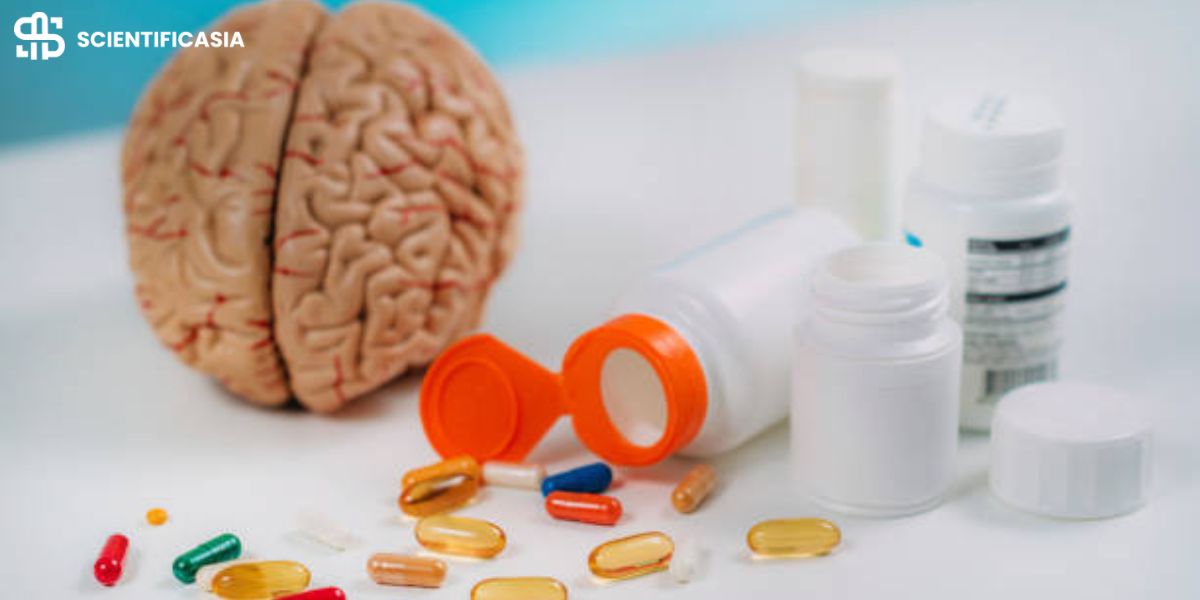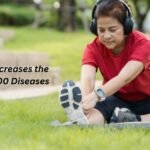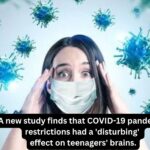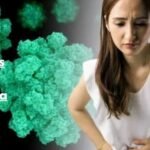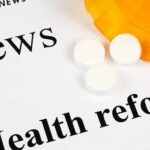Scientific Asia: We learned through the new research that plastic may enter the brain daily.
Global scientists and activists are demanding that plastic’s negative health effects be addressed immediately.
Their requests are in response to a recent study that suggested indoor spaces may be a significant contributor to microplastic contamination. It simply means that breathing in plastic particles can lead to rapid brain penetration.
The olfactory bulb, which is found near the base of the brain, contains microplastics, according to a study led by Professor Thais Mauad and Dr. Luis Fernando Amato-Lourenco of the Universities of Sao Paulo and Freie Universität Berlin.
The olfactory route is probably where foreign particles enter the brain, based on the scientists’ finding of microplastics in both the nose and the bulb.
How did scientists discover this?
Eight of the fifteen samples of brains obtained from the deceased citizens of Sao Paulo, Brazil, were found to contain plastic fibers and particles by the researchers.
They found that polypropylene, which is commonly used for bottles, clothes, and food packaging, was the most frequently found plastic.
Worrisomely, they also discovered that the quantity of tiny nanoplastics that more easily enter the human body is far larger than previously believed due to the presence of microplastics with a diameter of 10 microns.
According to Professor Thais Mauad, the primary researcher from the University of São Paulo, “this study finds that the olfactory pathway is a potential major entry route for plastic into the brain, meaning that breathing within indoor environments could be a major source of plastic pollution in the brain.”
“The overall quantity of plastic particles may be significantly higher due to the ease with which much smaller nanoplastics can enter the body. The potential for these particles to enter cells and change how our bodies work is concerning.
The ability of these particles to become internalized within cells particularly worried the researchers. In other words, they may modify the way that cells work, especially when they interact with a child’s organs. This implies that they have the potential to significantly impact adult life.
The Plastic Soup Foundation and the Plastic Health Council, two organizations of eminent scientists and activists working to guarantee that the effects of plastic on human health are adequately addressed in a UN Global Plastics Treaty, provided funding for the study.
What’s more danger discovered in human life due to plastic?
This study is a response to Professor Dr. Lukas Kenner of the Plastic Health Council’s April discovery of plastic in the body.
He discovered that exposure to microplastics can cause cancer cells in the gut to spread more quickly, suggesting that plastics may be a major factor in the genesis of early-onset cancer.
According to other studies, exposure to plastics may also have negative effects on human health, such as heart disease, endocrine disruption, and lower fertility.
“Plastic has come to be associated with breathing much like air does. Scientists are uncovering the harmful consequences of plastics on human health time and time again, according to Maria Westerbos, co-founder of the Plastic Health Council and founder of the Plastic Soup Foundation.
The final discussions for the Global Plastics Treaty are just a few months away, yet legislators are caving into the powerful petrochemical companies. The world community needs to stop wasting time and start paying attention to science once and for all.
Today, plastic is produced annually over 500 million tonnes for a wide range of uses.
In addition to compiling a list of over 16,000 compounds identified in plastic items worldwide, scientists also discovered that over 4,000 of these chemicals posed a risk to human health and the environment.
A UN Global Plastic Treaty final round of negotiations is scheduled to take place in South Korea in November. Protesters and scientists who are deeply concerned about the draft provisions’ exclusion of measures that completely address the impact of plastic pollution on human health will be making urgent calls for action during the event.
The Plastic Health Council argues that all single-use plastic products should be eliminated while simultaneously reducing the production quantities of plastics through an influential treaty guided by science.
They also want governments to step up and enforce the correct testing of all chemicals in plastics, warning future generations about the ever-more concerning risks posed by microplastics.

